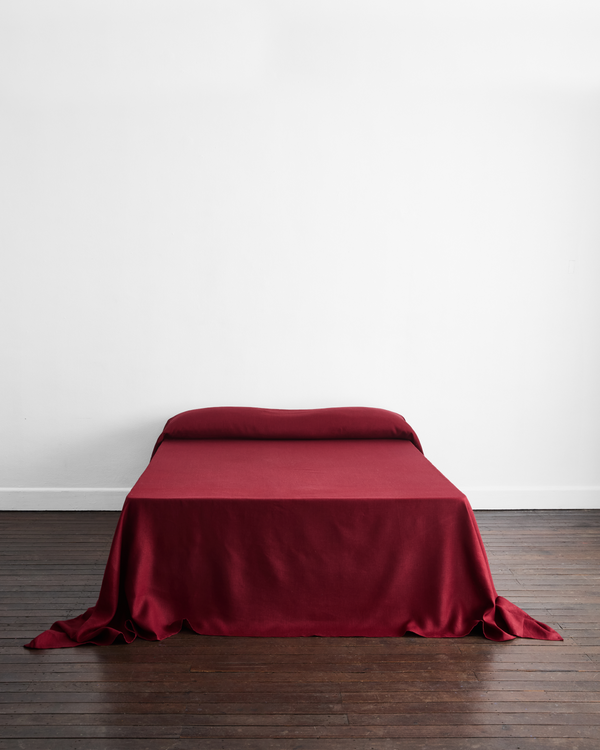
4 Mood-Boosting Ways to Use Colour Therapy to Style Your Home
Brighten your space and lift your spirits.
If you’ve ever felt strangely depressed sitting in a room and can’t exactly pinpoint the reason behind your sudden shift in moods, you could blame it on the interiors.
We are constantly influenced by our surroundings, and colours play a huge part in this. For example, if you’re surrounded by light pastels, you’re more inclined to feel calm and positive. On the contrary, if you place yourself in a room where colours are harsh and bright, you could either feel motivated or angry and annoyed.
But this doesn’t mean you should repaint every room in your home a light hue because specific rooms call for specific colours. Plus, colour therapy doesn’t just translate to the paint on the walls; you can use materials, textures and lighting to create the perfect space that serves a purpose for your mental health. Here, interior designer and owner of MARG. Studio Emily MacAlpine, explains how to execute this.
Emily MacAlpine is an interior designer and Director of MARG. Studio. Follow her on Instagram @margstudiointeriors.
Create Your Colour Scheme
Enjoyed This?
Discover more décor tips.














